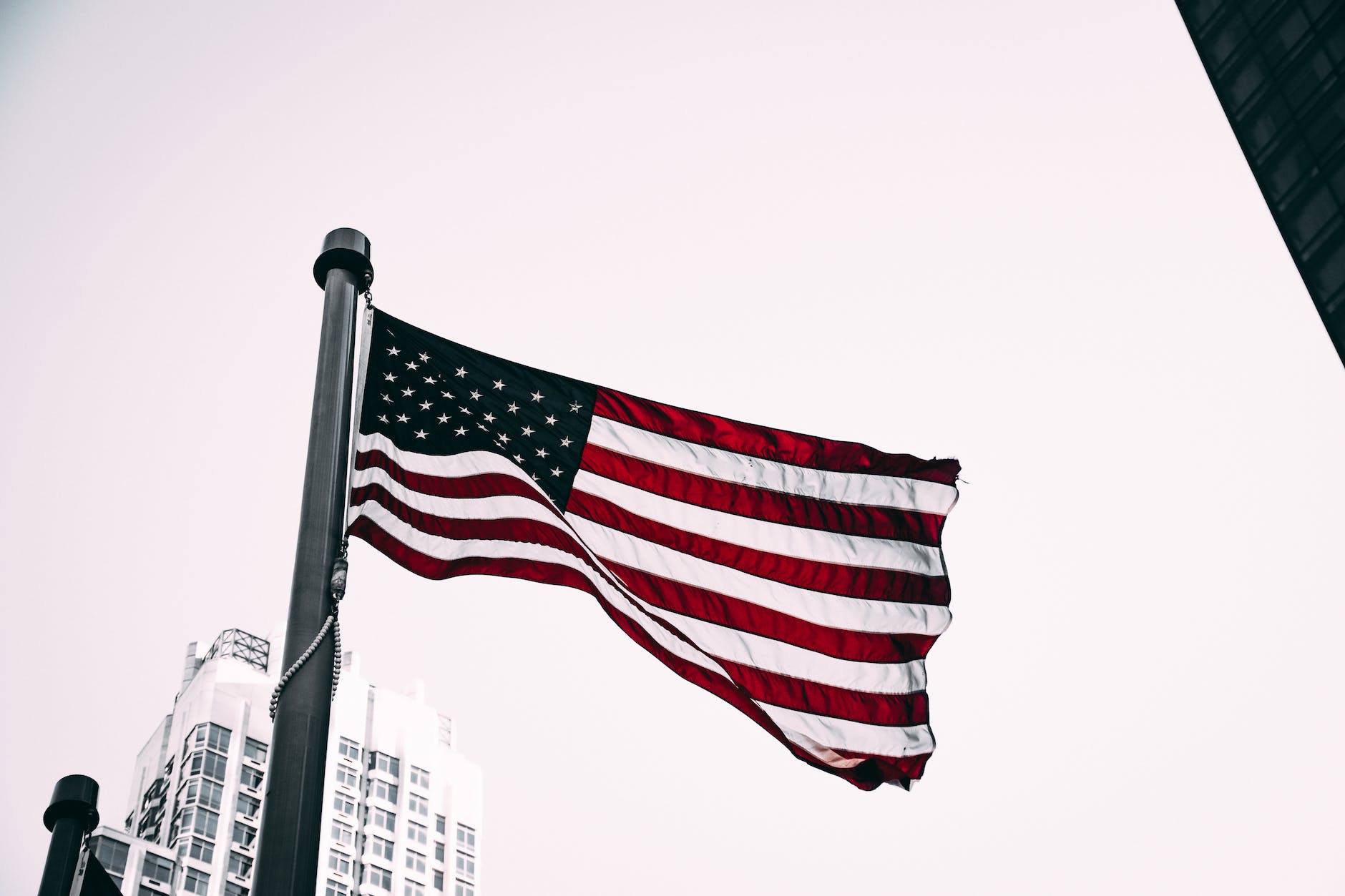As we move further into the 21st century, opinions towards cannabis have started shifting dramatically, resulting in a wave of marijuana legalization sweeping across various parts of the world. The shifting sands of cannabis laws have consequences for personal freedoms, economic growth, and public health, making it an intense area of interest for stakeholders from various sectors.
These days, the decriminalization of cannabis is not a fringe concept, relegated to the counter-culture. More and more states in the United States, and indeed nations worldwide, are exploring the loosening of cannabis regulation due to various reasons. The acknowledgment of the negative effects of cannabis criminalization on specific demographics, recognition of the potential medicinal benefits, and the lure of a new source of tax revenue are driving forces behind this change.
The current state of cannabis policy across the world is significantly varied, reflecting cultural, political, and historical discrepancies. Some nations have recognized the medicinal value of cannabis and framed their laws accordingly. For instance, Australia’s medicinal cannabis laws have been steadily evolving, highlighting the therapeutic benefits of the plant while ensuring that it is not misused recreationally.
In stark contrast, some regions have adopted a more liberal approach to the plant’s use, beyond the medicinal sphere. Canada, Uruguay, and 15 US states have fully legalized the recreational use of cannabis. These locales have wholeheartedly embraced marijuana legalization, flaunting it as both an economic booster and a tool for social justice.
In the United States, cannabis laws have always been an area of contention due to the moral and legal implications of their enforcement. The story of marijuana legalization in the US is an intense saga of changing public opinion. From the ‘Reefer Madness’ era, which pitched the plant as a societal menace, the US has moved towards a more nuanced understanding of cannabis and its effects.
In 2012, Colorado and Washington State became the pioneers of recreational cannabis legalization in the US, sparking a trend that has gained momentum. As of 2021, several states have followed suit, decriminalizing and even legalizing the use, possession, cultivation, and sale of cannabis in varying extents.
Many states are even discussing or have passed laws to expunge past criminal records related to cannabis offenses, a significant step towards rectifying the societal harms done through years of drug prohibition. These legislative shifts don’t mean that cannabis is without regulation. On the contrary, similar to alcohol restrictions, cannabis regulation has been designed to curtail misuse while allowing the potential benefits to shine.
However, there is still considerable pushback. In jurisdictions where cannabis is prohibited, the penalties can often be disproportionately harsh. Examples include nations like Singapore, where drug offenses, including cannabis use, carry the death penalty.
Internationally, marijuana legalization still raises considerable controversy due to the various international treaties prohibiting drug trade and usage. Despite internal laws permitting cannabis production and use, countries face challenges staying within the guidelines of international law.
While some regions allow cannabis, many are still struggling with outdated laws and regulations, marking a complex landscape where the reality of consumption often doesn’t match the legal status. This dissonance can lead to heavy-handed penalties for users and could bring detrimental effects within society as a whole.
Regardless, the global trend seems to be moving towards liberalization, as nation after nation reviews their cannabis policy towards a pragmatic approach. It might be safe to say that we are embarking on a new era of cannabis legislation worldwide. As we undertake this journey, stakeholders from all sectors must be engaged, and the conversation should be inclusive to ensure that the policies formulated are beneficial, fair, and humanely enforced.
Sources:
– Medicinal Cannabis Laws
– Marijuana legalization
– States that have legalized cannabis
– Cannabis prohibition
